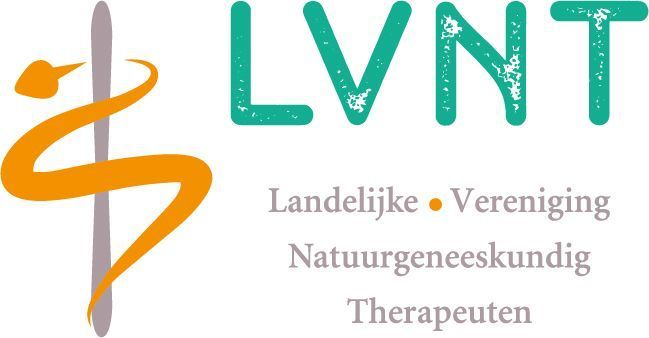Over Ayurveda
WHAT IS AYURVEDA?
Ayurveda is a traditional health system that originated in India more than 5,000 years ago.
The word Ayurveda literally means knowledge of life (Ayur = life, Veda = knowledge).
Ayurveda has its origins in the Vedic tradition of India and is closely linked to other traditions such as yoga and meditation.
What makes Ayurveda so unique is its holistic approach to health. It assumes that body, mind, and spirit are inextricably linked. Only when all these aspects are in balance can you be truly healthy. Therefore, Ayurveda doesn't just focus on treating ailments but emphasizes their prevention.
Although Ayurveda is thousands of years old, it is surprisingly modern and applicable – especially in our busy Western lives.
In 1977, Ayurveda was officially recognized as a healing method by the WHO (World Health Organization), with the caveat that it often offers solutions where Western medicine stops.
“The great thing about Ayurveda is that its treatments always yield side benefits, not side effects.”
– Shubra Krishan, Essential Ayurveda –
DOSHA'S
The core of Ayurveda is balance in your life. Its premise is that everyone has a unique combination of bio-energies that determine how their body and mind function. These energies are called the three doshas: Vata, Pitta, and Kapha.
Vata – the energy of movement and communicationVata regulates all movements in your body, such as intestinal peristalsis, breathing and impulse conduction in the nervous system.
Pitta – the energy of transformationPitta is responsible for your digestion, metabolism and the processing of impressions and emotions.
Kapha – the energy of structure and stabilityKapha provides strength, growth, immunity, and the hydration and protection of your tissues and joints.
YOUR UNIQUE CONSTITUTION
According to Ayurveda, every person has a unique, personal ratio of doshas – and that makes you unique.
This relationship is not only reflected in your appearance, but also in your talents, character and how you interact with the world around you.
We call this your Prakriti, your natural constitution, or your personal blueprint.
It is useful to gain insight into this constitution because it provides valuable information about how your body works: how your digestion works, which organs are more sensitive, which health problems you are more susceptible to, etc.
When your lifestyle, diet or environment are not in line with your constitution, the balance can be disturbed and you can develop physical or mental complaints.
Ayurveda does not focus on simply treating symptoms, but on finding and resolving the underlying cause.
I look at all aspects of your health: physical, mental, emotional and even your living environment.
Because what works for one may be counterproductive for another.
At AyurVita, every treatment plan is tailor-made – completely tailored to you.
SIMPLE AND ACCESSIBLE
Ayurveda may sound complicated, but it doesn't have to be difficult at all. The beauty is that you don't have to change everything at once—and it certainly doesn't have to be perfect.
Start small.
For example, consider:
- Drink warm water in the morning to support your digestion
- Take a few minutes to do breathing exercises when you feel stressed- Eat as much local and seasonal fruit and vegetables as possible
START TODAY
Want to learn more about Ayurveda today? Discover how small, achievable steps can make a big difference.
- Download the free e-book for tips you can start using right away.
- Schedule a free introductory meeting using the contact form or send me a WhatsApp message. I'll tell you more.





